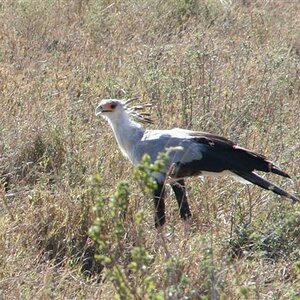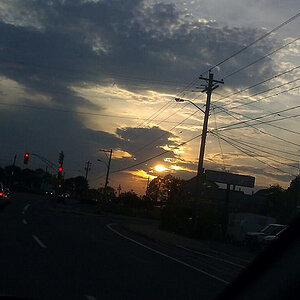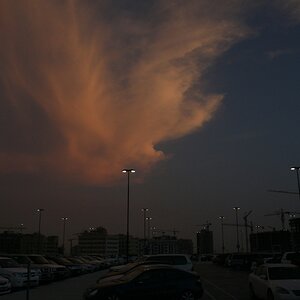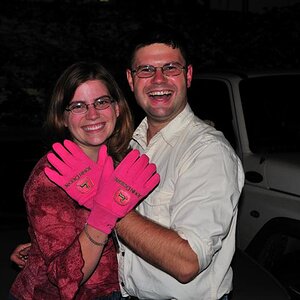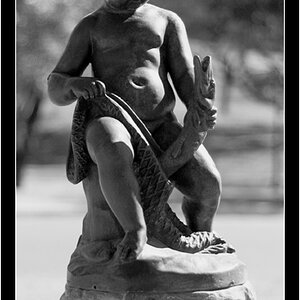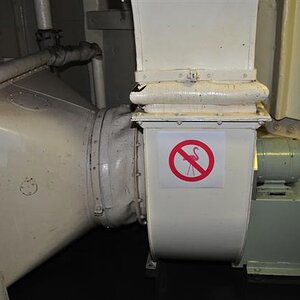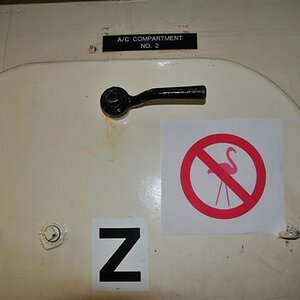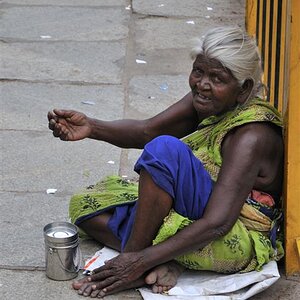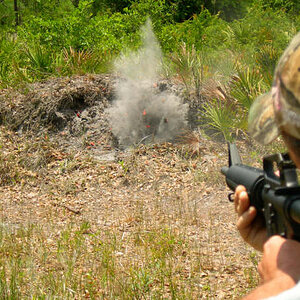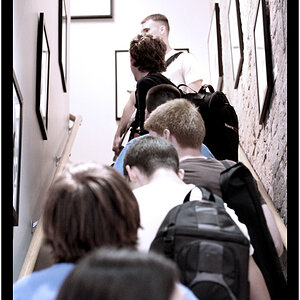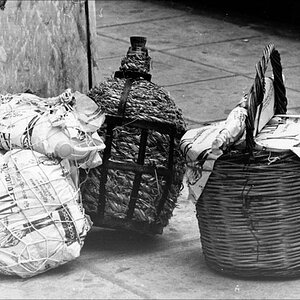Joel
TPF Noob!
well, ok, i wouldnt call myself a photographer... yet...
Im new to photography and im just looking for a point in the right direction. i've always enjoyed a good photo so i was excited to score
my mums Pentax MZ-50 (when she got a new compact digital). i have a few questions?
Joel
Im new to photography and im just looking for a point in the right direction. i've always enjoyed a good photo so i was excited to score
my mums Pentax MZ-50 (when she got a new compact digital). i have a few questions?
- Is this camera any good? (do you want more details on it?)
- Do you have any advise to give a newb like myself?
- With develoing the film, is it too newb-like to just take my roll of film to the shop to get developed? or should i look in some other direction? Remembering im very new and have a budget of a uni student (ie next to nothing).
- Last, is anyone here from Australia?
Joel


